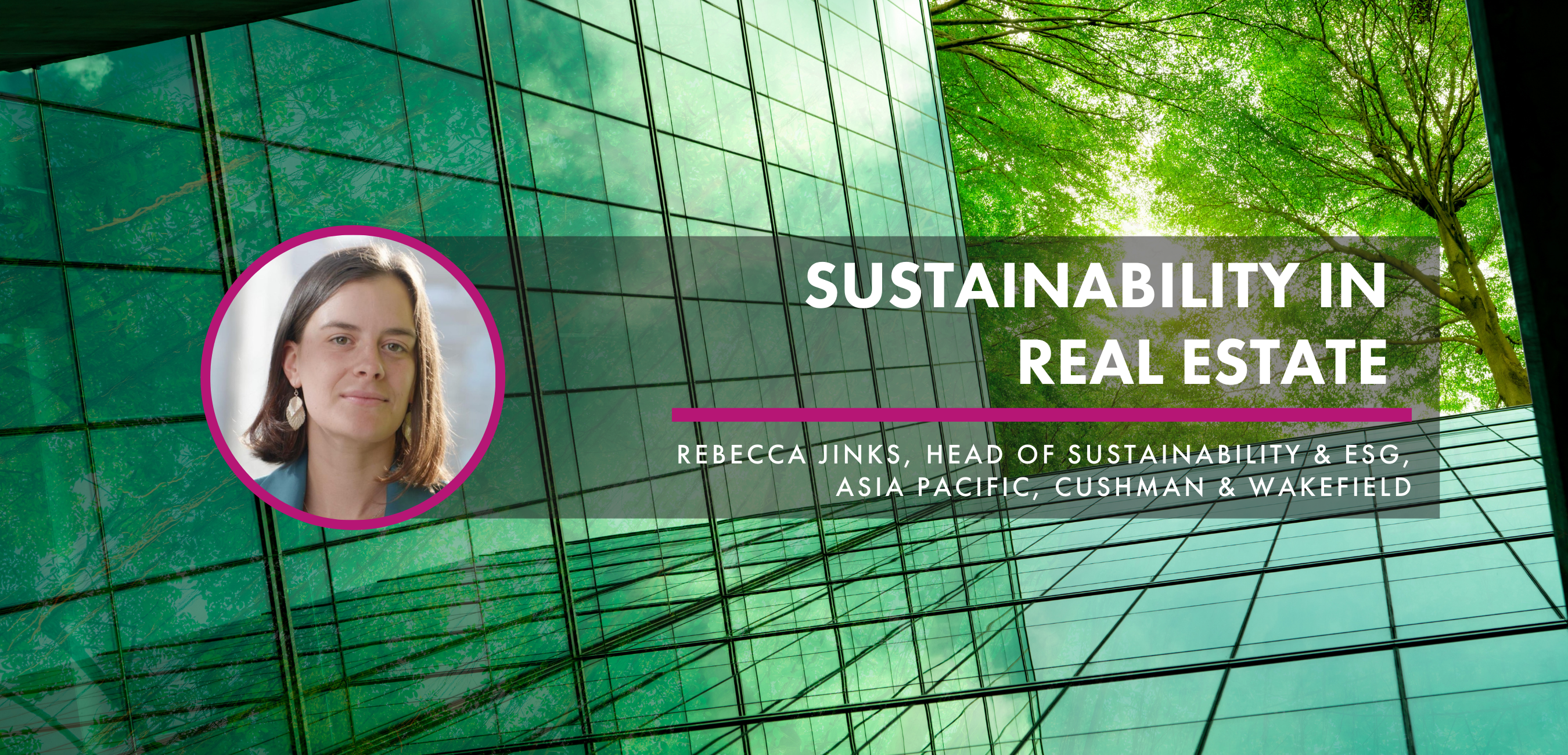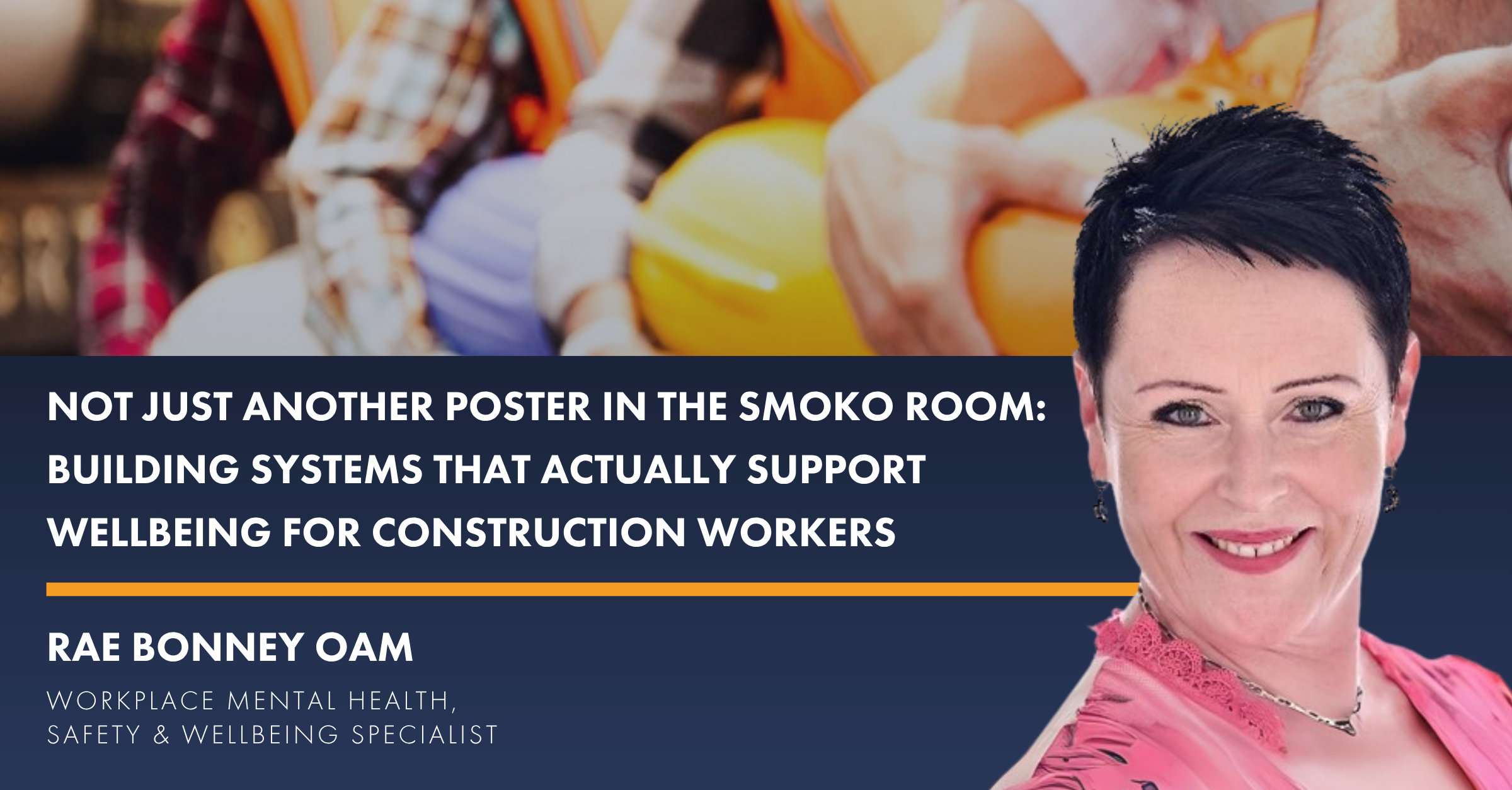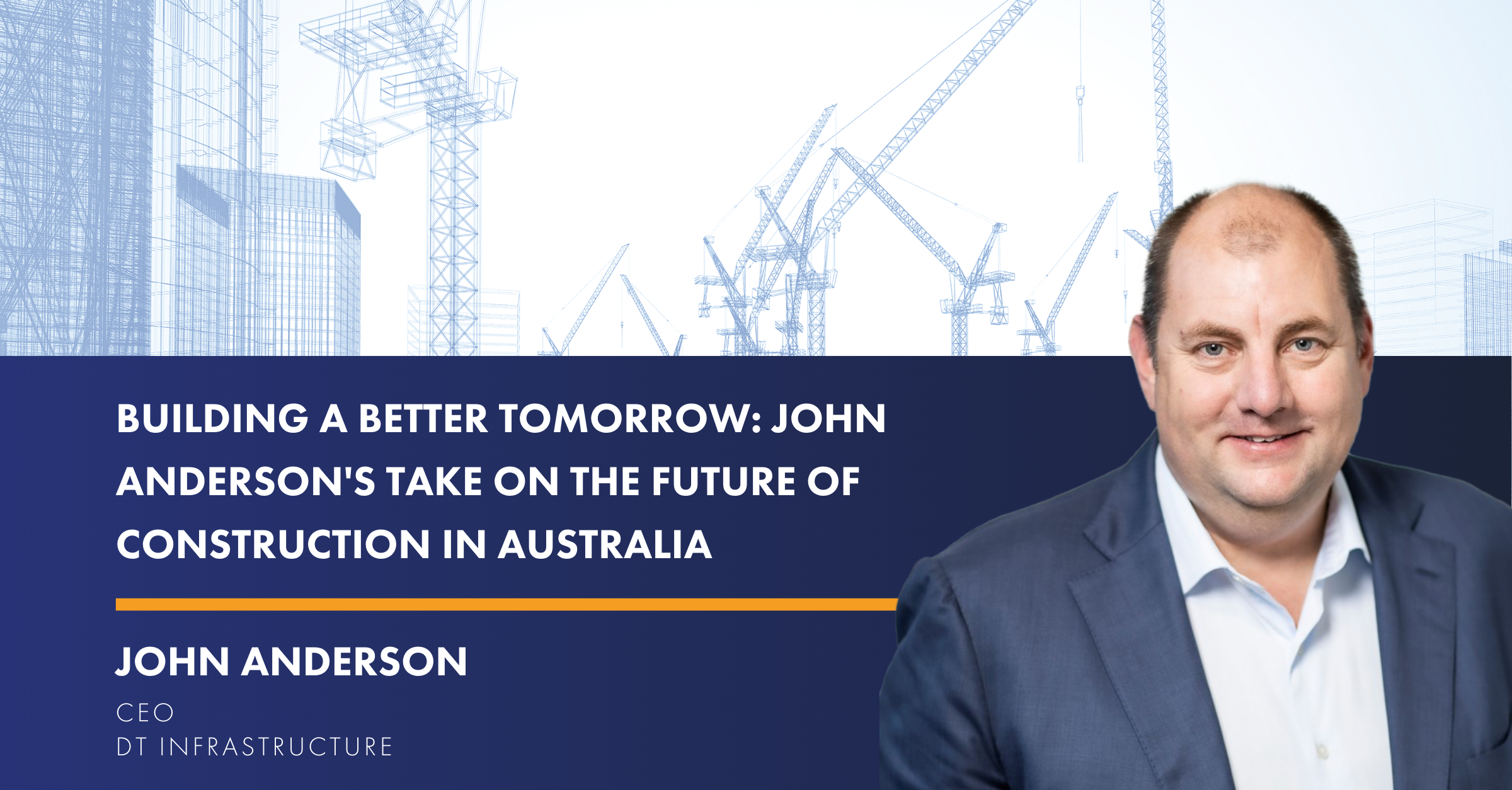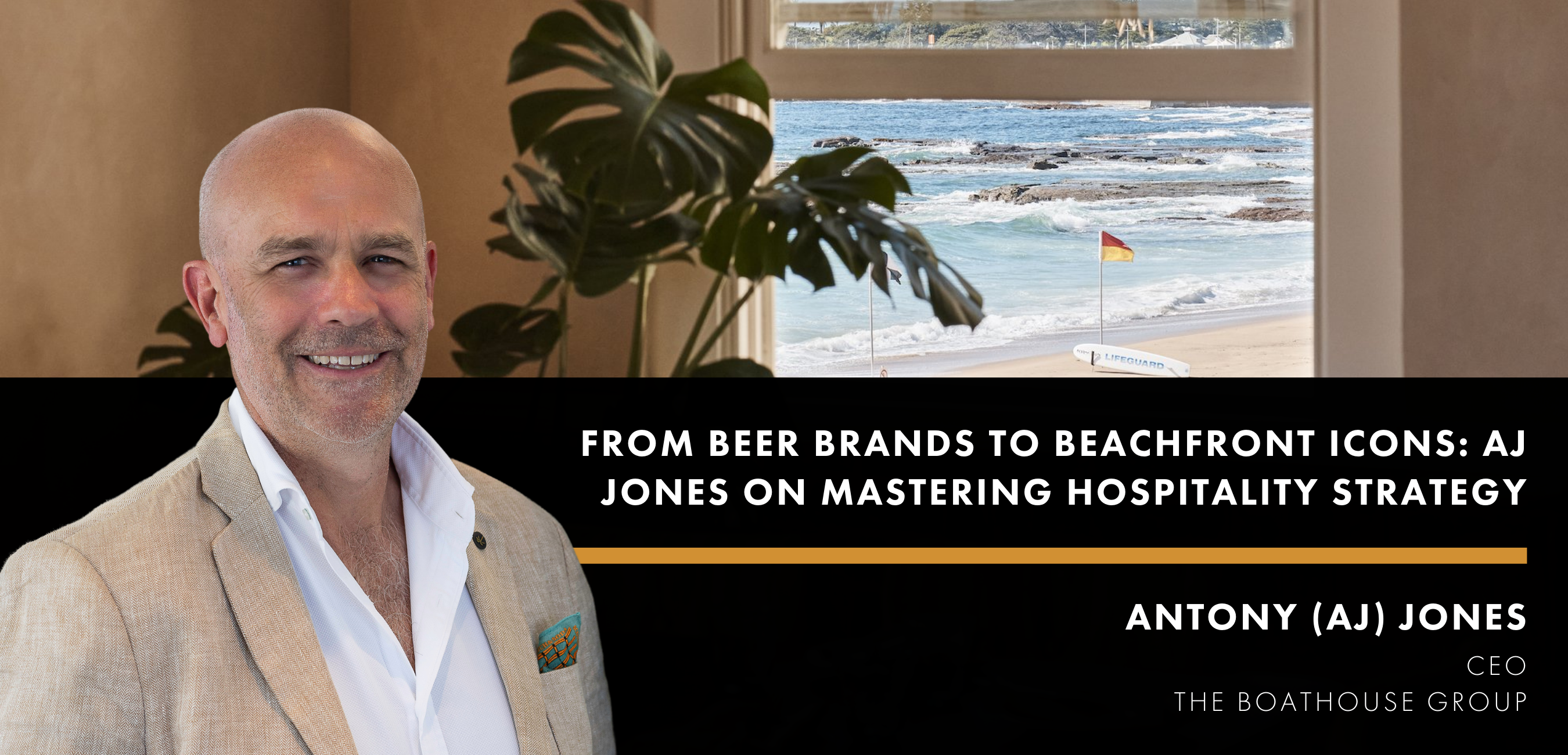Sustainability in Real Estate.
Rebecca Jinks is the leading force behind Cushman and Wakefield’s sustainability advisory. We had a wonderful opportunity to discuss how environmental accountability and sustainability can drive profitability in the real estate sector. Enjoy our interview below:
FuturePlace: What is your role at Cushman and Wakefield?
Rebecca Jinks: I’m the Head of Sustainability for our Asia Pacific business.
FB: In the past, you were a Senior Consultant for the Australian Center for Corporate Social Responsibility. How do you define a “good corporate citizen?”
RJ: I think the definition of a good corporate citizen aligns with the definition of sustainability. It’s an entity that is working to create a world that leaves our community as a place where future generations have the resources available to prosper.
FB: You’ve dedicated the breadth of your career to studying and advising on environmental best practices. What initially drew you to sustainability?
RJ: I think it was probably the dynamic nature of sustainability; it isn’t limited to environmental best practices. For me sustainability is really about bringing social and environmental sustainability together, and living a responsible life. That’s always been a part of my value base and how I can promote that in a professional sense.
FP: What is the biggest misconception when it comes to environmental sustainability?
RJ: The idea that profits and profitably are mutually exclusive concepts. When you pursue sustainability, especially when you think about reducing energy consumption, you reduce your overall operating costs. On top of that, you can attract a broader customer base if you start to pursue some of these more green and responsible initiatives. On top of that, you can identify new ways of doing business that drive efficiency but also open up more opportunities for newer product markets and revenue streams.
FP: Driving environmental accountability is an integral part of your role as Head of Sustainability. What strategies does your team at Cushman and Wakefield employ to combat companies who use carbon offsets as a bookkeeping trick intended to obscure climate-wrecking emissions?
RJ: That is an EXCELLENT question because it’s a huge problem that the market is trying to grapple with, but we’re grappling with it pretty quickly. We’ve got some market mechanisms in the form of groups like the Science-Based Target initiative (SBTi), which is backed by the WWF and the CDP, and restrains the ability for organizations to use offsetting as the only way to get to net-zero. We’re seeing some frameworks that are sending a signal to businesses that the misuse of carbon offsets is not an acceptable or responsible way to decarbonize.
As far as my team at Cushman & Wakefield are concerned, when we’re working with our clients, we make sure to discuss what responsible decarbonization means. Our decarbonization strategies are unique per client, but they always have to have a balanced blend of energy avoidance, energy efficiencies, clean energy generation, and green energy procurement. We focus on offsetting only for the last bit, and it’s contextualized as part of a long-term strategy of when it will be appropriate to offset. We’re unlikely to work on a project where the only solution to get to net-zero is through the use of carbon offsets because we don’t view that as a genuine position. It’s about using our expertise to educate the industry and to work with our clients so that they can understand that there is a standard in the community.
FP: As a leading ESG strategist, how frustrating do you find greenwashing practices?
RJ: Incredibly. I’m lucky that I have direct exposure to my team and we as an industry have the ability to influence 40 percent of global emissions directly. So as frustrating as those practices are, the conversation around greenwashing is growing and the consequences of participating in these activities are real. The fact that we’re seeing market mechanisms and regulatory requirements coming out now is a signal that things will have to change, and I believe they will change. At the very least, I can influence some of that change.
FP: How do you plan for the resiliency of properties for impending climate-related damages?
RJ: We work with building owners and tenants to make really smart, long-term decisions. We’re starting to build in climate resilience and ESG metrics to due diligence processes. Previously, no one had ever thought about where and when a flooding event or a firestorm would occur in a world that’s been warmed by a few degrees. We’re starting to encourage and see occupiers and owners considering those property metrics and choices into their scans. We empower our clients with the information to make future-proofing decisions and with awareness of climate related risks comes mitigation.
Personally, I really push retrofitting as a way to future-proof our properties when we’re thinking about climate risk and impending extreme weather risks. This has a two fold benefit of curbing carbon emissions, but also building the resilience of our assets.
FP: Knowing that preparing for a net-zero future is going to take a Herculean effort, is any room for positivity?
RJ: I hope so. Real estate has always been a slow industry, so there’s so much opportunity to move. Right now, we’re seeing a big movement in proptech focusing on energy and carbon reduction. Whether that’s tools that help us identify initiatives to reduce energy in the building, whether it’s tools that control how the building is operating to reduce the energy, etc. There’s lots of technology that’s coming out to facilitate this transition.
One of the great things about the fact that we’ve got 40 percent of emissions coming from a single industry is that if we can change the mentality of a single industry, we can actually make a serious change in curbing the climate crisis.
2nd annual ESG in Real Estate Summit
Rebecca will be speaking at the 2nd annual ESG in Real Estate Summit, taking place on 8-9 June 2022. Featuring over 50 speakers representing global and local ESG leaders from real estate asset owners and investors, the 2nd Annual ESG in Real Estate Summit explores how players in the Australasian market are adapting to the new paradigm around ESG disclosure reporting and the role new technologies and data can play in bridging the gaps.






